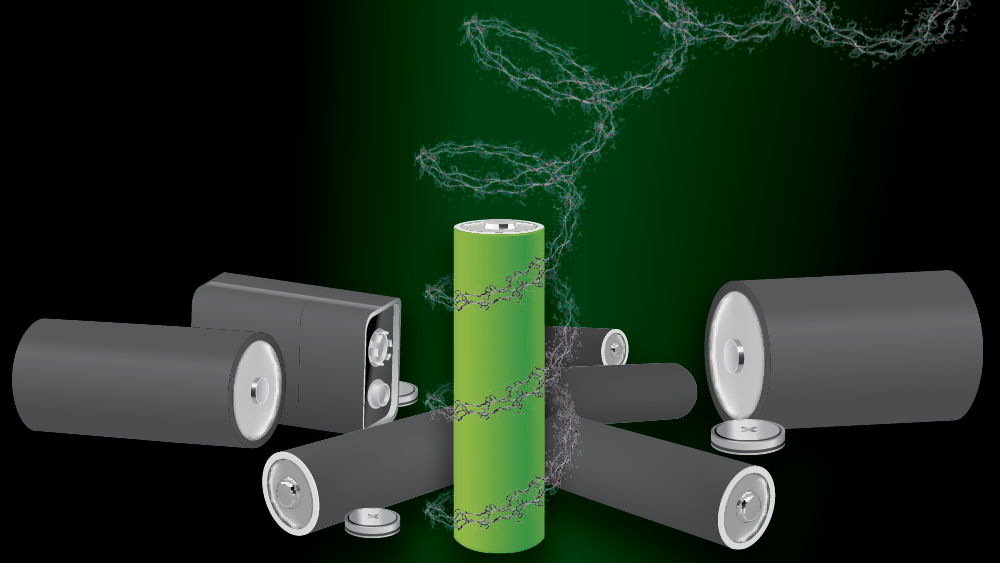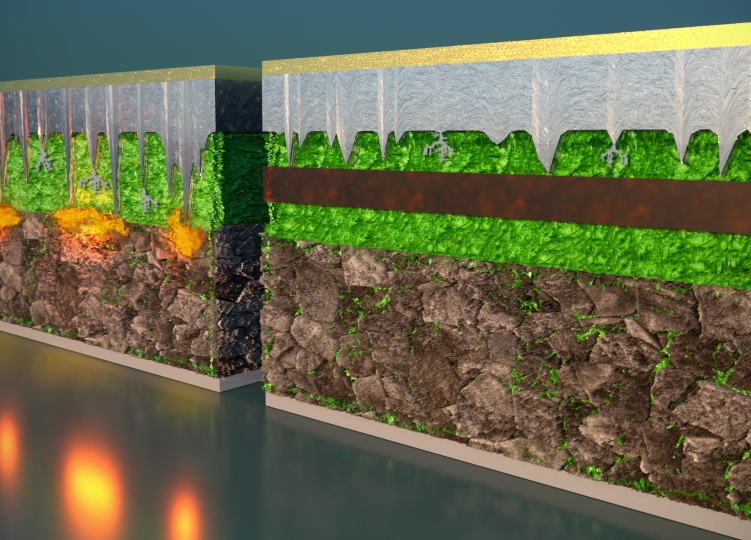(Researchers develop new metal-free, recyclable polypeptide battery that degrades on demand)
2021/5/5 アメリカ合衆国・テキサスA&M 大学

・ テキサス A&M 大学が、ポリペブチド有機ラジカル構造を利用した、金属フリーの新しい電池技術プラットフォームを開発。
・ リチウムイオン電池は、多くの産業部門で消費者家電の大きな進展につながる技術革新をもたらし、世界中の電池駆動デバイスで利用されているが、危険な環境下の児童労働で採掘され、倫理的・環境的な問題となっているコバルトを多量に使用する。
・ また、現在リサイクルされるリチウムイオン電池が極めて少ないことも、コバルトや他の戦略資源の需要をさらに押し上げている。将来の電気自動車経済で求められるようなリサイクル率の達成が課題となっている。
・ 酸化還元活性なアミノ酸高分子より構成されるポリペブチド有機ラジカル電池は、貴金属等の戦略物資への依存を最小限に抑え、無毒、生分解性でウェアラブルやインプラント電子デバイスでの利用の可能性を開く。さらに、酸性の環境下でオンデマンドで分解してアミノ酸を生成し、容易にリサイクルできる。今後は機械学習を通じ、新電池プラットフォームの材料と構造の最適化を図る。
・ 本研究には、米国立科学財団(NSF)、Welch Foundation および米国エネルギー省(DOE)科学局が資金を提供した。
URL: https://engineering.tamu.edu/news/2021/05/CHEN-researchers-develop-new-metal-free-recyclable-polypeptide-battery-that-degrades-on-demand.html
<NEDO海外技術情報より>
(関連情報)
Nature 掲載論文(アブストラクトのみ:全文は有料)
Polypeptide organic radical batteries
URL: https://www.nature.com/articles/s41586-021-03399-1
Abstract
In only a few decades, lithium-ion batteries have revolutionized technologies, enabling the proliferation of portable devices and electric vehicles1, with substantial benefits for society. However, the rapid growth in technology has highlighted the ethical and environmental challenges of mining lithium, cobalt and other mineral ore resources, and the issues associated with the safe usage and non-hazardous disposal of batteries2. Only a small fraction of lithium-ion batteries are recycled, further exacerbating global material supply of strategic elements3,4,5. A potential alternative is to use organic-based redox-active materials6,7,8 to develop rechargeable batteries that originate from ethically sourced, sustainable materials and enable on-demand deconstruction and reconstruction. Making such batteries is challenging because the active materials must be stable during operation but degradable at end of life. Further, the degradation products should be either environmentally benign or recyclable for reconstruction into a new battery. Here we demonstrate a metal-free, polypeptide-based battery, in which viologens and nitroxide radicals are incorporated as redox-active groups along polypeptide backbones to function as anode and cathode materials, respectively. These redox-active polypeptides perform as active materials that are stable during battery operation and subsequently degrade on demand in acidic conditions to generate amino acids, other building blocks and degradation products. Such a polypeptide-based battery is a first step to addressing the need for alternative chemistries for green and sustainable batteries in a future circular economy.



